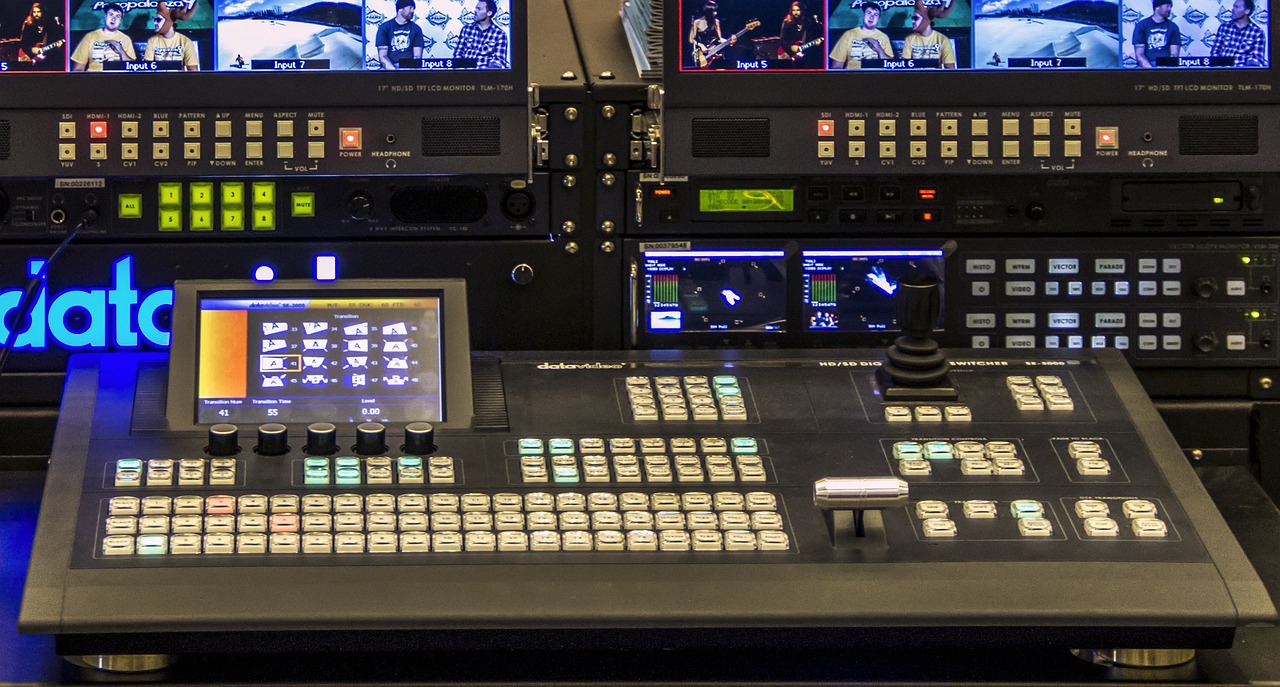Water Damage and iPhone Screens: What You Should Do Immediately
Did you just spill a glass full of iced water on your iPhone’s screen? Well, that is a common scenario for most people around the world. Water damage and iPhone screens are two things that go hand in hand. The moment you spill water on your iPhone’s screen, the first thing you should do is stay calm and start acting immediately.
Of course, there will be lots of thoughts racing through your mind, like how the water can seep in and badly damage the internal components of your iPhone and the iPhone screen. You may also be wondering, “Okay, so how much does it cost for an iphone screen repair and to get everything fixed?” But don’t let these thoughts get the best of you. Here are some steps you should take immediately if your iPhone’s screen gets damaged by water.
Turn It Off Immediately and Remove Accessories
The first thing you need to do is turn off your iPhone. This quick thing can significantly reduce the risk of a short circuit. Water and electricity don’t mix well, so power down as soon as possible. Next, remove any accessories attached to your device. This includes cases, screen protectors, and chargers. Accessories can trap moisture against your phone’s surface, making it harder for air to circulate and dry out the device.
Dry the Exterior and Use Silica Gel Packets for Better Drying
Once you’ve turned off your iPhone, it’s time to dry the exterior. Gently wipe down the device using a soft cloth. Focus on areas where water might accumulate, like the charging port and speaker grills. Next, consider using silica gel packets. These little moisture absorbers are often found in shoeboxes or packaging materials. If you have them at home, they can be incredibly effective for absorbing remaining moisture. Place your iPhone in an airtight container filled with these packets. They work better than rice; silica gel is designed specifically for this purpose. Leave it there for at least 24 hours to maximize drying potential.

Keep It Upright
While drying it out, keep it upright to promote any trapped moisture to flow away from critical components like the screen and battery. This simple move can make a significant difference in preventing further damage. Placing the device face up might seem tempting, but this could trap liquid inside, worsening the situation. If possible, balance your phone in a way that minimizes contact with surfaces. Consider resting it against an object or using something soft as support. This allows for air circulation around all sides. Avoid shaking or tapping the phone aggressively; doing so can spread water internally rather than help drain it out.
Contact a Professional Repair Service
Even if you’ve done everything I’ve mentioned and it seems to be working fine, hidden moisture can wreak havoc over time. That’s why you need to reach out to a professional screen repair service. Expert technicians have the right tools and experience to effectively assess the situation. Relying on DIY fixes might lead …



 Pre-production is a crucial stage in filmmaking where planning takes place, from scriptwriting to casting and location scouting. AI tools are becoming invaluable during this phase, allowing filmmakers to save time and make informed decisions. For instance, AI can assist in script analysis, scanning through hundreds of potential scripts and identifying themes, tones, and marketability based on audience preferences. Companies like ScriptBook use AI to predict the success of a script by analyzing story structure, character development, and emotional engagement.
Pre-production is a crucial stage in filmmaking where planning takes place, from scriptwriting to casting and location scouting. AI tools are becoming invaluable during this phase, allowing filmmakers to save time and make informed decisions. For instance, AI can assist in script analysis, scanning through hundreds of potential scripts and identifying themes, tones, and marketability based on audience preferences. Companies like ScriptBook use AI to predict the success of a script by analyzing story structure, character development, and emotional engagement.